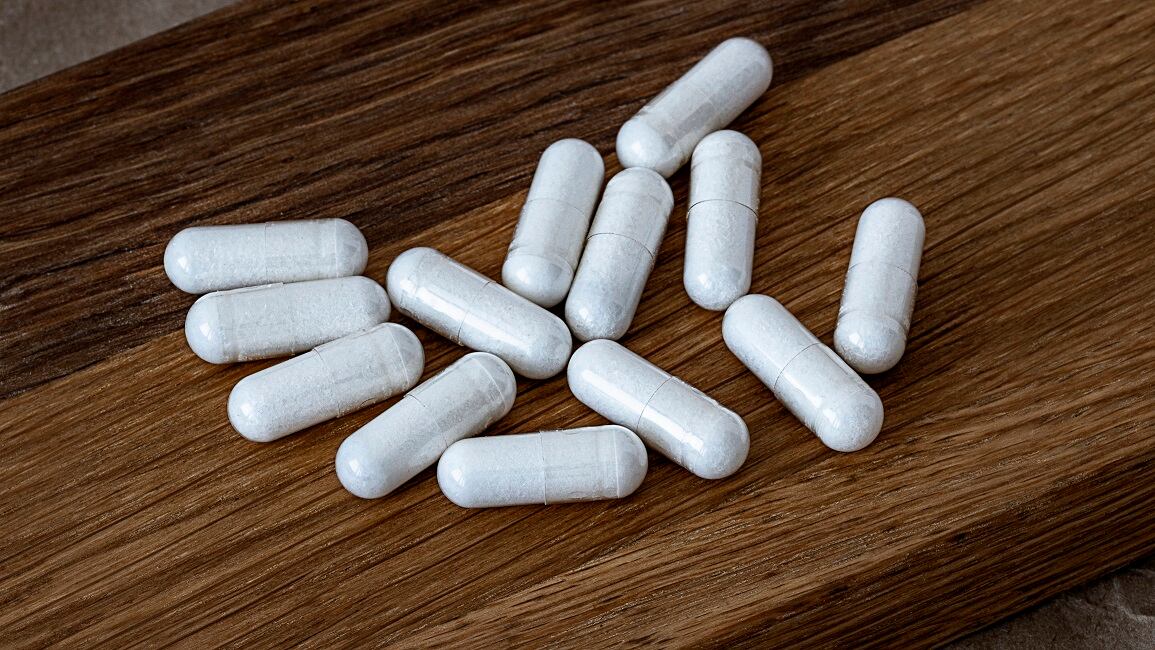Mandatory product listing (MPL) has been a central tenet of FDA’s plans to modernize the 27 year-old Dietary Supplement Health and Education Act (DSHEA) since it was mooted in 2019 by then-Commissioner of the FDA Dr Scott Gottlieb. The idea was already being discussed by some heavyweight stakeholders prior to 2019, with, for example, Scott Bass from Sidley Austin supporting a listing in 2018. Former Senator Orrin Hatch has also said it “makes sense.”
Speaking with NutraIngredients-USA at the recent SupplySide West show in Las Vegas, CRN’s Mister said: “There is active conversation on Capitol Hill around developing this legislation. Because the Bills are not CRN’s to share – they’re the work of Congressional offices – I cannot get into a whole lot of the details, but what it comes down to is the mantra you’ve heard from us for a couple of years now: Whatever mandatory product listing looks like it should be a birth certificate and not a driver’s license.
Mister continued: “We understand FDA’s position, we know that they need to be able to see into the industry, they need to know who the players are, and they need to know what the labels of the products look like, but that’s where it stops. This is not free reign for a fishing expedition to ask everything you ever wanted to know about the company to register its products.
“The other thing that we’re really concerned about is that the mandatory product listing should not slow down entry to market. It has to be something companies can do easily and efficiently, something that they do as they pass “Go”.
“We think we’re making some real progress on the negotiations and we think we’ll be at a point soon where those offices are ready to introduce the Bill and then everyone will get a chance to see it,” he added.
Mister conceded that some companies will ignore the listing because, no matter the industry, there are always going to be those outliers who will not play by the rules.
“What mandatory listing will do is to bring in a lot of those companies that maybe play on the edges,” he said. “They will comply because there are provisions written into the law, there will be sanctions, so if you don’t list your product with the listing your product could be deemed misbranded. I think that will bring a lot more people than the critics are suggesting.”
NAC
Mister was also asked about NAC (N-acetyl-L-cysteine), a derivative of the amino acid L-cysteine and is a precursor of the cellular antioxidant glutathione. The ingredient was first approved as an inhaled mucolytic drug in 1963. At present it is used in emergency rooms as a treatment in cases of acetaminophen poisoning to prevent severe liver damage.
NAC is naturally occurring and is found in foods like onions and garlic. The ingredient has been widely used for decades in finished dietary supplements, frequently as a standalone product, without any substantial safety concerns.
Despite the presence of NAC-containing supplements on the market, FDA took no action regarding its status until the summer of 2020 when the Agency sent seven warning letters to companies making hangover treatment claims, which FDA construed to be illegal disease treatment claims.
“This is not a safety conversation,” Mister stressed. “Nobody at FDA is suggesting it’s not safe. We know that it’s safe. We know it has a long history of safe use. This is essentially an economics conversation based on that preclusion language that’s in the statute. The problem is that the drug companies didn’t do anything for 27 years after DSHEA passed and now the evidence of use that they’re citing are studies that go back to the 1960s that are pre-DSHEA. Our reading of DSHEA doesn’t allow it to be retroactive.”
CRN filed a Citizen’s Petition in June titled “Citizen Petition Requesting FDA Allow N-acetyl-L-cysteine (NAC) to be Marketed as a Dietary Supplement” requesting that the Agency reverse its decision that the ingredient NAC is not legal for use in dietary supplements. FDA has 180 days to respond to the petition.
“Right now we’re in a waiting game and watching the clock tick down from 180,” he said.
When asked for a comment, a spokesperson for the FDA told NutraIngredients-USA: “The FDA has received two citizen petitions asking the agency to reverse its position regarding the regulatory status of N-Acetylcysteine (NAC) in dietary supplements. These citizen petitions, submitted by CRN and NPA, have asked a number of questions of the agency, and we are thoroughly and comprehensively reviewing these questions.
“The petitions are available for public comment in Regulations.gov and we encourage stakeholders to submit evidence or comment on this matter in the open dockets. As part of our process, the FDA will review any comments submitted to the dockets during the petition review, and once we have completed our review, the FDA will respond to the petitioners.”
Beyond CBD, and the science
Mister also discussed a hypothetical question around NDIs for minor cannabinoids, as well as potential changes to how the science around the benefits of dietary supplements could change in the future. Watch the video above for more.




